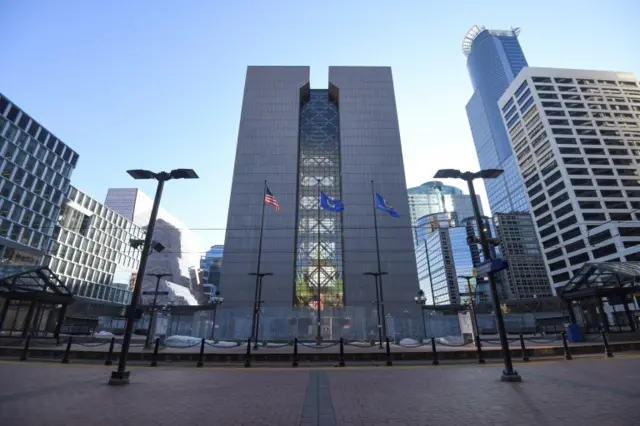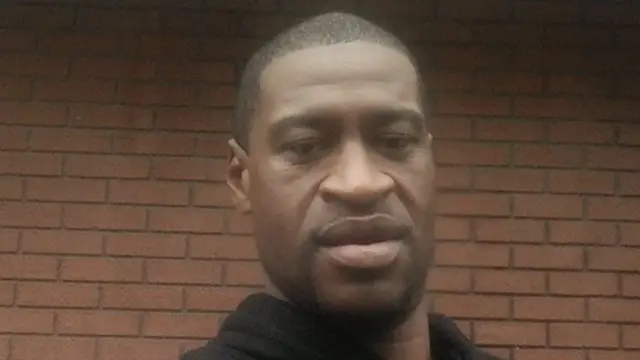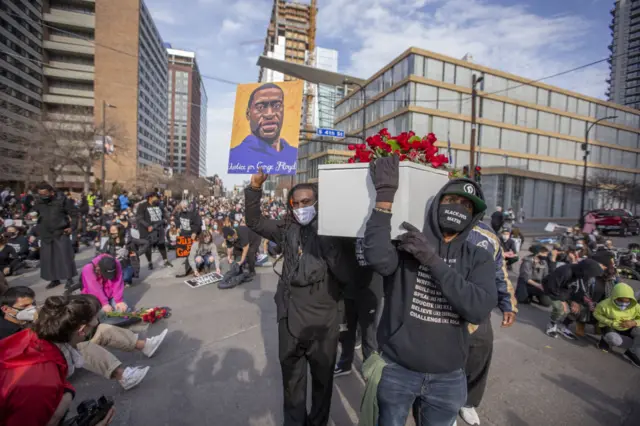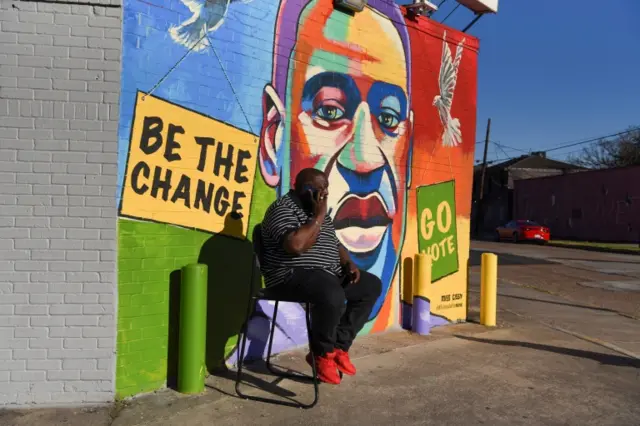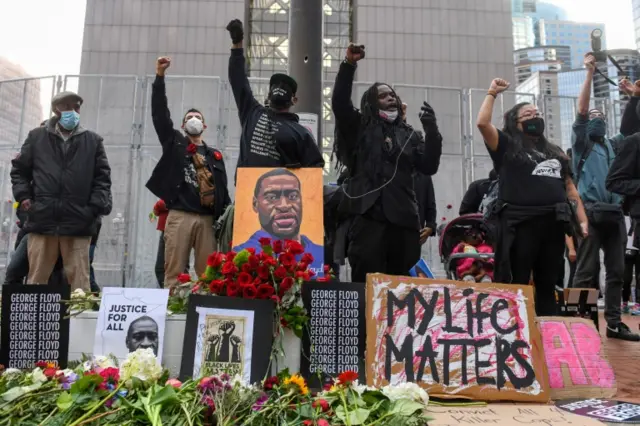WATCH: 'As a black American I am terrified’published at 14:21 GMT 8 March 2021
Floyd's killing sparked global protests as people from many different communities joined together to call for an end to racism and police brutality. But for some Americans, the fear of police violence is greater than for others.
George Floyd: ‘As a black American I am terrified’
